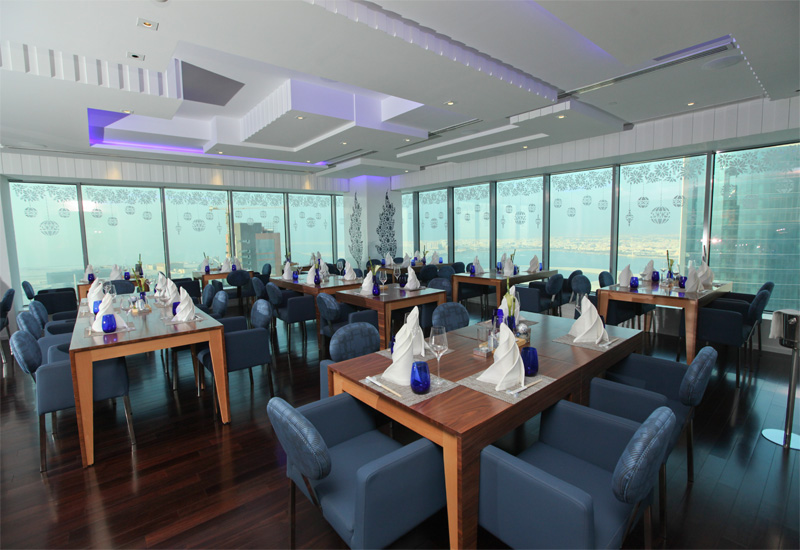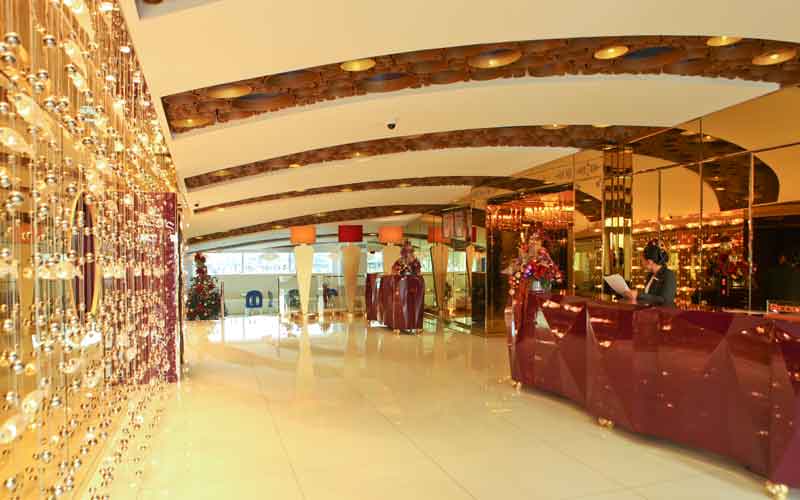Room Requirements
Apart from focusing on the hotel’s social concepts during the development phase, the rooms division was hard at work creating spaces that reflected the hotel’s elegant and boutique theme.
Room sizes vary between 33ft2 to 72ft2 and all rooms are equipped with flat screen TVs, a mediahub to plug in phones and laptops, and complimentary mini bars. With muted colours and floor to ceiling windows, the rooms are meant to offer a space for relaxation.
“The theme reflects the colours outside – they are not that bright in general. We used very soothing colours and the paintings provide a flash of colour to brighten up the room. We wanted to keep the room free of clutter as much as possible,” explains director of rooms Reza Sinnen.

| Advertisement |
The rooms are fitted out with locally manufactured furniture — a decision De Groot says reflects the hotel’s effort to support Bahrain’s economy.
“We as a company have made a serious commitment to investing wherever possible in the local community. I was sent to China to shop for furniture and we had everything worked out and agreed upon – the designs, costs, etc.
And I thought Bahrain is capable of producing furniture; we owe it not only to ourselves as a Bahraini company, but also to the environment and to the economy of Bahrain to at least explore whether we can send the business here.
“If you take the cost price of producing furniture in China, and you add the shipping price, that’s basically the price you’ll get in Bahrain. So if a company in Bahrain can produce it at the same time, in the same price, with the same specs, and the same quality, why would we go somewhere else?
If we make a multimillion dollar investment in Bahrain and we can keep that money flowing into the economy rather than any other country, I think that is corporate social responsibility, more than anything else, and that was a very simple decision for us to make,” he explains.
While sourcing furniture locally was a no brainer for De Groot’s team, Reza Sinnen was faced with the challenges of sourcing consumables in Bahrain — an experience that that is quite different to what he had faced in Dubai, where Sinnen worked before his move to Bahrain.
“Sourcing products within Bahrain is very difficult. When you start operating a hotel you need things like toilet paper, you need to have consumables, stationery. We are new here so Bahrain is more difficult than Dubai for example,” Sinnen observes.
“The service from suppliers is very bad. They have their own mentality, they have their own style, they have their own way of doing things, and we have to be very careful to have enough stock, which is unusual compared to other places. This is one of my key challenges,” he laments.
Article continues on next page ...










 Search our database of more than 2,700 industry companies
Search our database of more than 2,700 industry companies









